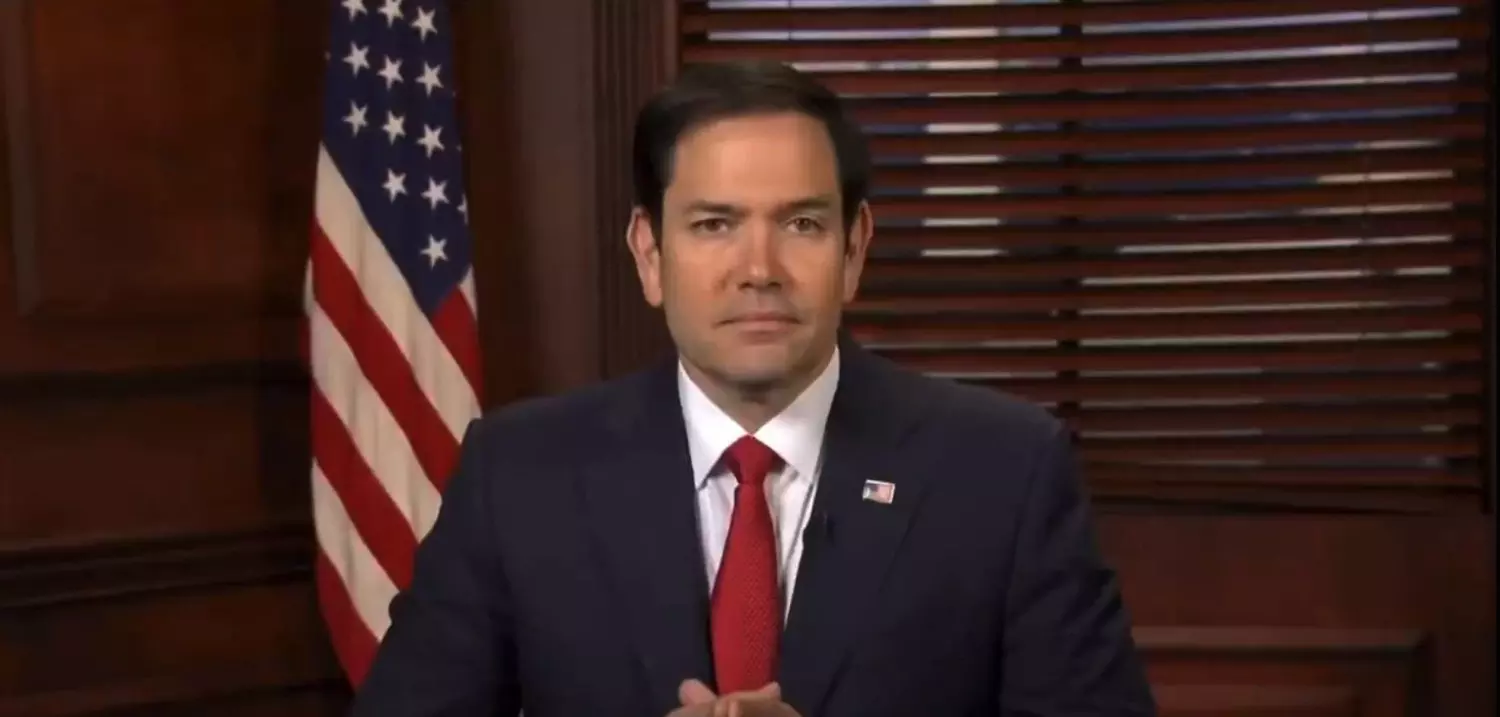
US to ban visas for foreign officials who censor Americans online
US Secretary of State Marco Rubio said that it is 'unacceptable' for foreign officials to issue or threaten arrest warrants for social media posts made on US soil

The United States has introduced a new visa ban rule targetting foreign officials who "censor" Americans posting comments on social media platforms that are owned by US tech firms.
Announced by US Secretary of State Marco Rubio, the policy would apply to foreign nationals who demand content to be taken down or moderated on American tech platforms. Rubio emphasised that it is "unacceptable" for foreign officials to issue or threaten arrest warrants for social media posts made on US soil.
Also Read: US stops scheduling visa interviews for foreign students as it expands social media vetting
More assertive stance
Rubio added that it is equally unacceptable for foreign governments to pressure American tech platforms into adopting global content moderation rules or engaging in censorship activities beyond their jurisdiction, especially within the United States.
"Some foreign officials have taken flagrant censorship actions against US tech companies and US citizens and residents when they have no authority to do so," Rubio said.
Rubio's statement did not specify any particular country, or named any officials who will be affected by this new US visa ban announcement. However, the statement is widely seen as an escalation by Washington.
While US tech companies and the Trump administration have previously challenged US allies in Europe, alleging censorship of social media platforms, the decision to restrict visas represents a more assertive stance.
Also Read: No skipping classes for Indian students in the US; they may lose visa
EU Digital Services Act
The new punitive visa action comes amid a series of legal and administrative actions taken by several European, Asian, and Latin American countries. These governments have issued takedown notices and imposed penalties after legal action in their respective countries against American social media firms.
US social media companies like Meta have argued that the European Union's (EU) content moderation law, the Digital Services Act, amounts to censorship of their platforms.
In March, the US Federal Communications Commission warned that the Act imposes excessive restrictions on freedom of expression.
EU officials, however, have defended the legislation, stating that it is meant to create a safer and fairer online environment by compelling tech giants to take stronger action against illegal content, including hate speech and child sexual abuse material.
Also Read: ‘US visa not your entitlement’: Marco Rubio’s stern message to pro-Palestine activists
'Threat to free speech'
Secretary Rubio said that the new US visa restriction policy is intended to curb "censorship" of protected expression within the United States.
He justified the move by arguing that if an American posts content from US soil, foreign governments or officials cannot demand action against that content simply because they find it offensive or unacceptable.
The statement further clarified that, in such cases, takedown notices or content moderation cannot be expected from an American social media or tech firm.
Rubio emphasised that freedom of expression is fundamental to US relations with Western European nations, and warned that those who threaten free speech "are attacking one of the pillars of our shared interest, our shared culture, our shared values".
He added that concerns over free speech would be raised in diplomatic engagements with the European Union and had already been conveyed to the British Prime Minister.
Also Read: New US immigration rules in place; apply to Green Card, H-1B visa holders too
'Authoritarian censorship'
The European Union, Australia, South American and Asian countries, on multiple occasions, have taken legal action or imposed penalties on US social media companies for failing to comply with local rules and regulations.
Brazil, for instance, has clashed with the platform X — owned by Trump-ally Elon Musk — over its refusal to comply with orders to remove accounts accused of spreading misinformation.
The Trump administration has repeatedly called out European countries for their censorship of online content. During a visit to Paris in February, US Vice President JD Vance described such measures as "authoritarian censorship."
With most of the social media firms used worldwide owned by American tech giants, this visa policy is being interpreted as a diplomatic warning to nations attempting to censor or restrict American-origin content within their jurisdictions.

